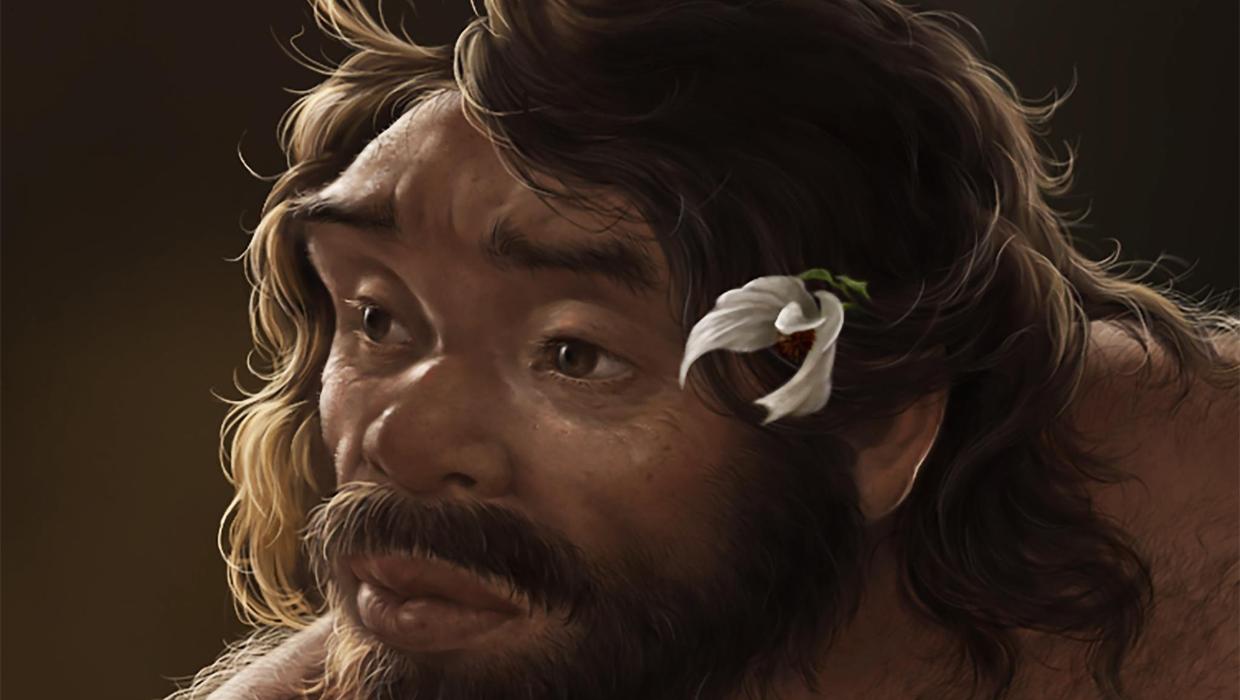Science
Fossil Skull Challenges Human Evolution Timeline, Sparks Debate

A recently uncovered fossilized skull is prompting a reevaluation of the established timeline of human evolution. This significant discovery suggests that our species, Homo sapiens, may be much older than current scientific consensus indicates. Researchers are now examining evidence that may push back the origins of humans by thousands of years.
The skull, found in a remote area of eastern Africa, has been dated to approximately 300,000 years ago, a period much older than the previously accepted timeline that positioned the emergence of Homo sapiens around 200,000 years ago. This finding has generated considerable excitement within the scientific community as it challenges long-held beliefs about human ancestry.
According to a study published in the journal *Nature*, the skull exhibits unique traits that differ from those of earlier hominids. Dr. Lucy Graham, a leading paleontologist at the University of Cambridge, stated, “This discovery provides compelling evidence that there is more complexity to our evolutionary history than we previously understood.” The research team believes that the features of the skull suggest a blending of characteristics seen in both archaic humans and more modern forms.
Implications for Human Ancestry
The implications of this discovery extend beyond the fossil itself. If Homo sapiens originated earlier than previously thought, it could reshape our understanding of migration patterns and cultural developments in prehistoric times. The research indicates that early humans may have coexisted with other hominid species longer than previously believed.
Experts are now calling for further investigations to corroborate the findings. Dr. Mark Thompson, an anthropologist at Harvard University, emphasized the importance of additional data: “We must be cautious. This skull could be a crucial piece of the puzzle, but more evidence is needed to fully understand its implications.”
This fossilized skull not only raises questions about the timeline of human evolution but also about the mechanisms that drove our ancestors’ development. The research suggests that evolutionary changes may have occurred at a different pace than previously recorded, highlighting the dynamic nature of human history.
Future Research Directions
As scientists delve deeper into this discovery, they plan to conduct further analyses, including advanced imaging techniques and genetic studies to explore the skull’s origins. These methods may yield insights into the interactions between different hominid species and their respective adaptations to changing environments.
The broader scientific community is keenly aware of the potential for this research to shift perspectives on human evolution. The fossilized skull has sparked renewed interest in similar finds across Africa, prompting researchers to revisit old excavation sites with modern techniques.
Ultimately, this finding serves as a reminder of the complexities of human ancestry and the ongoing quest for knowledge. The journey to understand our origins is far from over, and as more discoveries emerge, they may continue to challenge our understanding of what it means to be human. The implications of this skull could resonate for years to come, influencing both scientific inquiry and public perception of human history.
-

 World3 months ago
World3 months agoTest Your Knowledge: Take the Herald’s Afternoon Quiz Today
-

 Sports3 months ago
Sports3 months agoPM Faces Backlash from Fans During Netball Trophy Ceremony
-

 Lifestyle3 months ago
Lifestyle3 months agoDunedin Designers Win Top Award at Hokonui Fashion Event
-

 Sports3 months ago
Sports3 months agoLiam Lawson Launches New Era for Racing Bulls with Strong Start
-

 Lifestyle3 months ago
Lifestyle3 months agoDisney Fan Reveals Dress Code Tips for Park Visitors
-

 Health3 months ago
Health3 months agoWalking Faster Offers Major Health Benefits for Older Adults
-

 World3 months ago
World3 months agoCoalition Forms to Preserve Māori Wards in Hawke’s Bay
-

 Politics3 months ago
Politics3 months agoScots Rally with Humor and Music to Protest Trump’s Visit
-

 Top Stories3 months ago
Top Stories3 months agoUK and India Finalize Trade Deal to Boost Economic Ties
-

 World3 months ago
World3 months agoHuntly Begins Water Pipe Flushing to Resolve Brown Water Issue
-

 Entertainment3 months ago
Entertainment3 months agoExperience the Excitement of ‘Chief of War’ in Oʻahu
-

 Science3 months ago
Science3 months agoNew Interactive Map Reveals Wairarapa Valley’s Geological Secrets









